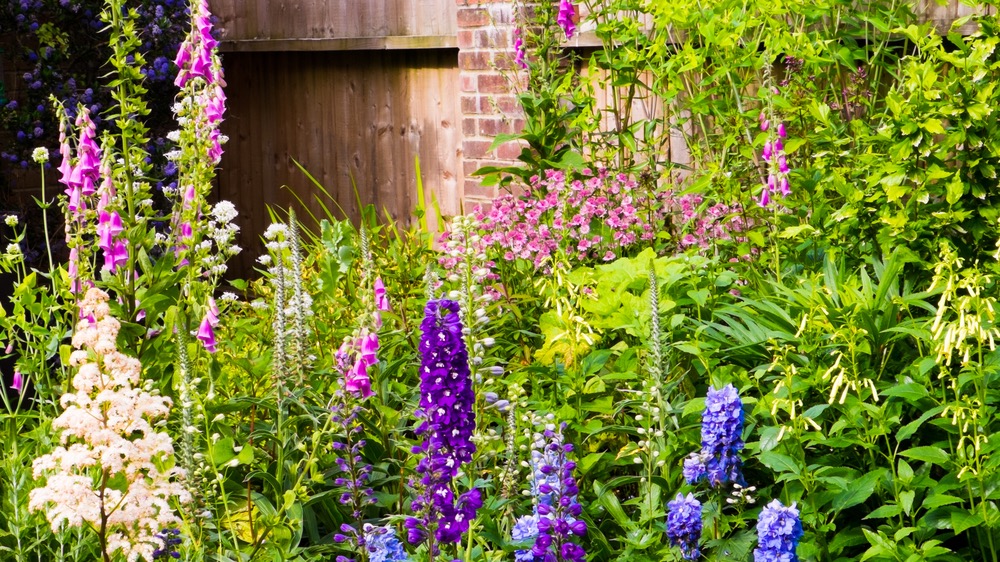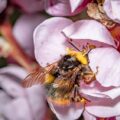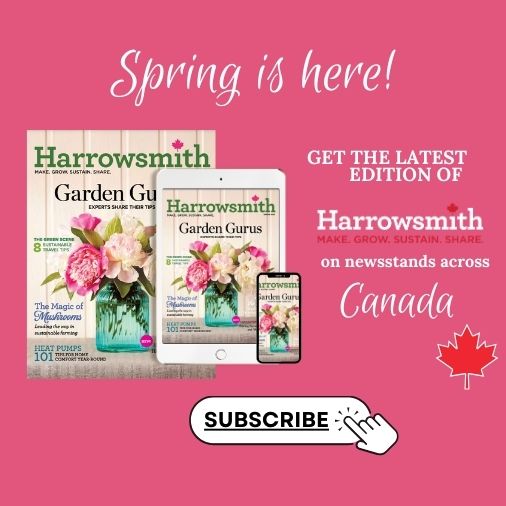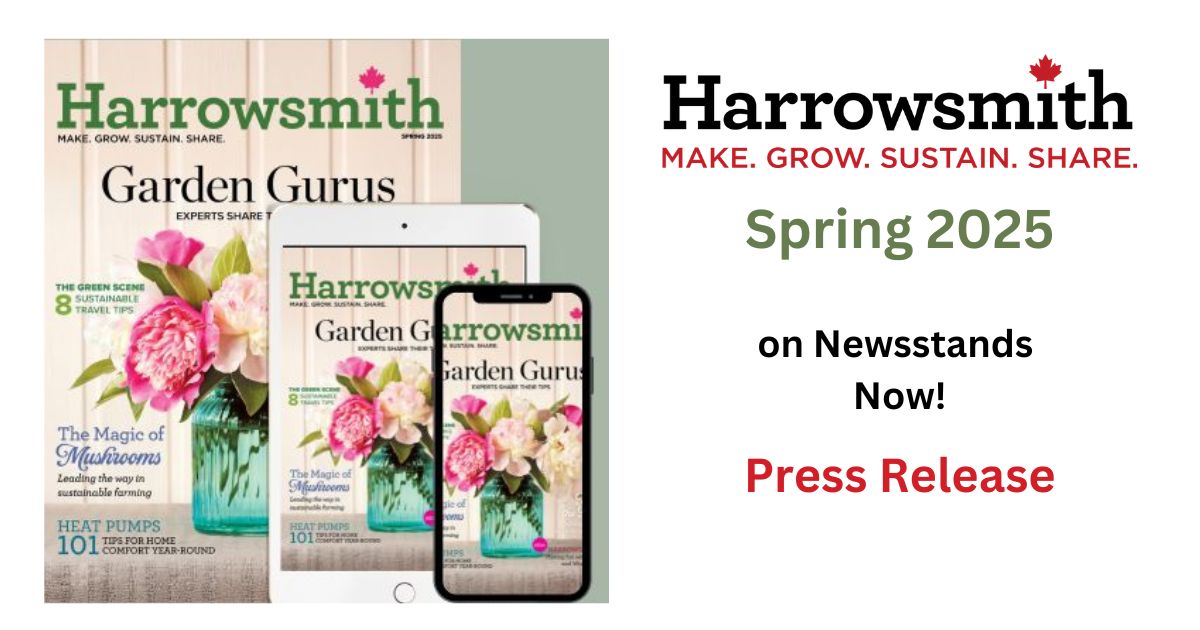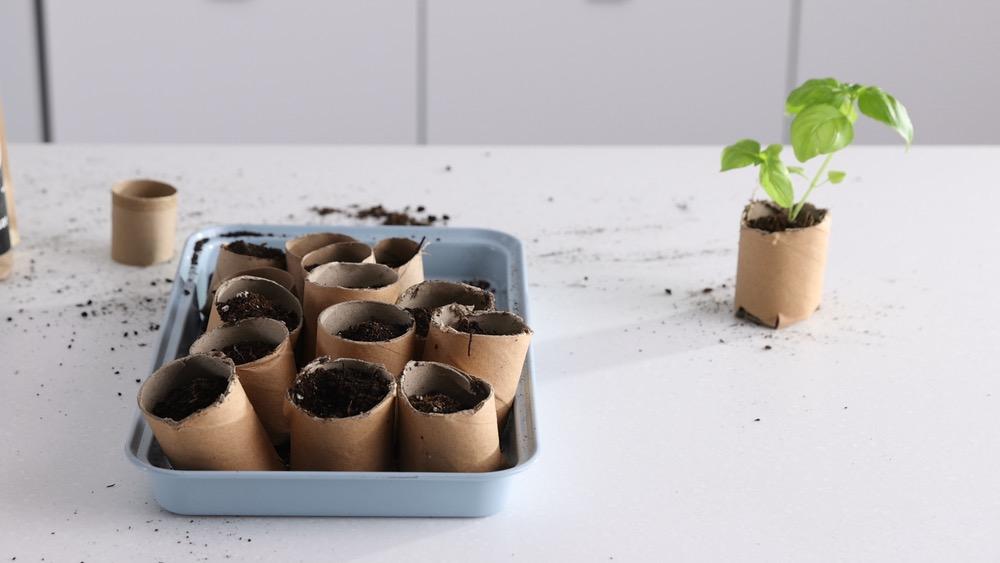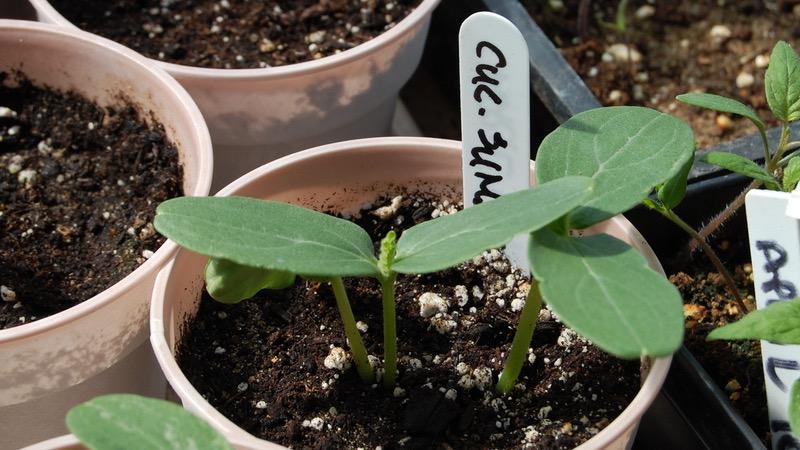A cottage garden is designed to make you feel at home in the garden: it’s not too formal. In fact, there are very few rules other than filling it with a variety of colourful flowers and textured plants and sharing your plantings with a myriad of pollinators. It’s a place where self-expression comes alive, and “rooms” are created using large flower borders, hedges and small flowering trees.
Sometimes referred to as a country garden, the term “cottage garden” originates in the U.K., where you can find graceful landscapes that are dominated by the use of herbaceous perennials, a veggie patch incorporated into a sunny area and herbs in containers near the kitchen door. The term “cottage” refers to a small, permanent residence, often made of local stone, vs. a typical Canadian “cottage” on a lake as we might think of it.
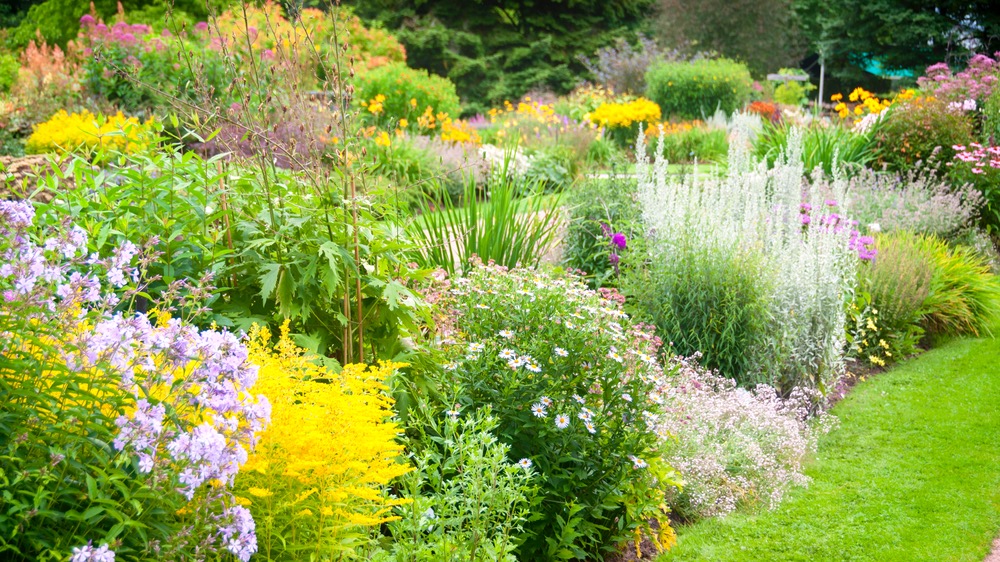
The cottage garden style can be adapted to any rural or urban garden, small or large. It incorporates great places to relax, entertain and engage in all activities relating to garden activity, so benches and garden furniture that blends in with the landscape is a must.‘An informal water feature may be a part of it, engaging residents and guests alike.‘Paths generally meander, and the lawn takes a back seat, often bordered by a white picket fence or something equally charming.‘At its essence, it’s the plants that give a cottage garden the charm and beauty.
Best Native Plants for Your Garden

Get started with these plants
A cottage garden is known for its charming and whimsical appeal, typically characterized by a mix of flowers, herbs, and sometimes vegetables. Here are some common types of plants to consider including in a cottage garden:
Roses. Classic and fragrant roses are quintessential for a cottage garden. Choose varieties that are disease-resistant and repeat-flowering for continuous blooms.
Peonies. These lush and showy flowers, with their large, colourful blooms, add elegance and charm to any cottage garden and make beautiful cut flower bouquets.
The Best Big Bloomers for Your Garden
Lavender. Fragrant and drought-tolerant, lavender is a staple in cottage gardens. Its vibrant purple flowers and aromatic foliage create a lovely sensory experience.
Delphiniums. Tall and stately, delphiniums provide vertical interest with their spires of vibrant blue, purple, or white flowers. They add a touch of drama and colour to cottage garden borders.
Foxgloves. With their tall flower spikes adorned with bell-shaped blooms, foxgloves add a whimsical and cottage-like feel to any garden. These pollinator favourites come in various colours, including pink, purple, and white.
Best Plants to Attract Pollinators
Hollyhocks. These tall and stately flowers offer a nostalgic charm with their vibrant blossoms that line the garden’s backdrop. Hollyhocks come in a range of colours and attract butterflies and hummingbirds.
Sweet peas. Fragrant and delicate sweet peas bring a profusion of colourful and aromatic blooms. Their climbing nature makes them ideal for trellises and fences.
Herbs. Cottage gardens often incorporate lavender, chives, rosemary, thyme, and sage. These provide culinary uses and add texture, scent, and a sense of practicality to the garden.
Poppies. Whether it’s the vibrant orange California poppies or the delicate and papery opium poppies, these flowers add a wild and free-spirited beauty to a cottage garden.
Climbing plants. Consider incorporating climbing roses and clematis to add vertical interest and create a romantic, cottage-like atmosphere.
Remember, the charm of a cottage garden lies in its informal and mixed planting style so experiment with various plants and create a space that reflects your personal taste and vision.
Mark Cullen is an expert gardener, author, broadcaster and tree advocate
and holds the Order of Canada. His son, Ben, is a fourth-generation
urban gardener and a graduate of the University of Guelph and Dalhousie
University in Halifax. Follow them at markcullen.com, @MarkCullen4
(Twitter) and @markcullengardening (Facebook) and look for their latest book, Escape to Reality.
Follow them at markcullen.com, @MarkCullen4, facebook.com/markcullengardening and biweekly on Global TV’s national morning show, The Morning Show.

